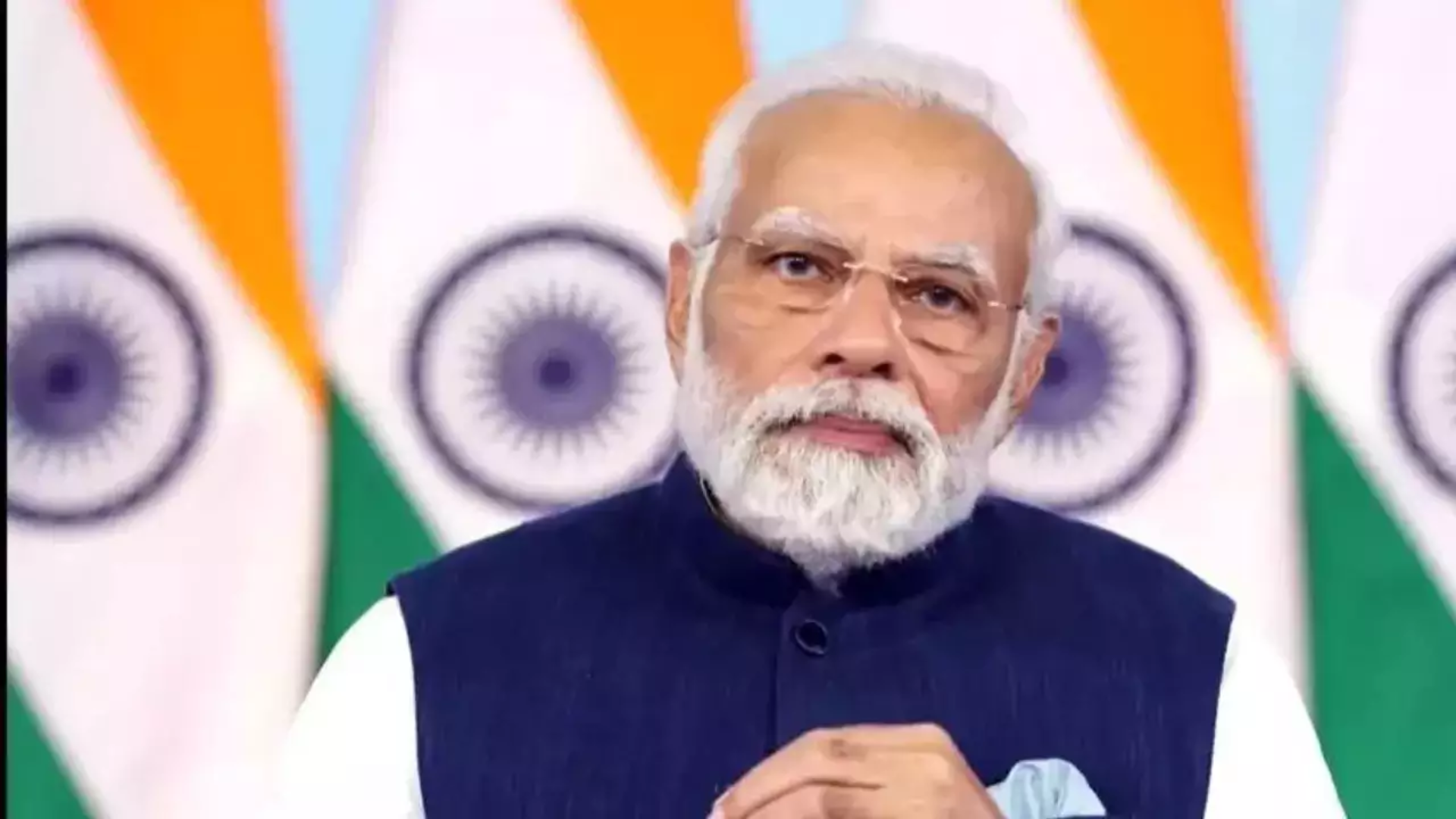The Bharatiya Janata Party (BJP) has laid out an ambitious roadmap towards achieving energy independence for India by 2047, aligning with its vision to propel the nation towards becoming a developed country.
In its Lok Sabha election manifesto released on Sunday, the BJP emphasized a multifaceted approach to reduce India’s dependence on petroleum imports, thereby bolstering energy security. The party outlined strategies including the promotion of electric mobility, establishment of a robust network of charging stations, ramping up renewable energy production, and enhancing energy efficiency measures.
Also Read: BJP Manifesto Pledges Support to Farmers, Aims to Make India Global Nutrition Hub
Currently, a significant portion of India’s crude oil requirements, around 85 percent, is met through imports, with international crude prices serving as a critical determinant. Transitioning to alternative energy sources is seen as a pivotal step in curbing reliance on imported fuels.
The manifesto highlighted initiatives aimed at enabling households across India to utilize electric appliances such as stoves, fans, air conditioners, and televisions, powered by solar energy. Additionally, provisions for electric vehicle charging through solar energy were underscored.
The government’s commitment to solar energy was reiterated, with the mention of schemes like PM Surya Ghar: Muft Bijli Yojana, designed to illuminate one crore households by providing up to 300 units of free electricity monthly.
Furthermore, the BJP manifesto outlined plans to boost ethanol blending in petrol, expand nuclear energy, develop battery energy storage system infrastructure, and ramp up green hydrogen production to bolster energy independence.
Also Read: BJP Election Manifesto ‘Sankalp Patra’ Promises Uniform Civil Code and Peace in Northeast
The party affirmed its dedication to increasing the share of non-fossil fuel sources in the energy mix, aligning with the “Panchamrit” pledge made at COP26 in 2021. This pledge encompasses ambitious targets such as reaching 500 GW of non-fossil electricity capacity, generating half of all energy requirements from renewables, and reducing emissions by 1 billion tonnes by 2030, ultimately aiming for net-zero emissions by 2070.
In line with these goals, the BJP pledged to incentivize private sector investment in large-scale Battery Energy Storage Systems (BESS) infrastructure to ensure grid stability and resilience.
Moreover, the National Green Hydrogen Mission, launched in January 2023 with substantial funding, is anticipated to play a pivotal role in decarbonizing various sectors, reducing dependence on imported fossil fuels, and positioning India as a key player in green hydrogen production.
With a strategic focus on green hydrogen, the BJP aims to propel India towards becoming a major hub for green hydrogen production, thereby reinforcing its commitment to sustainable and reliable energy solutions for the nation’s future.























